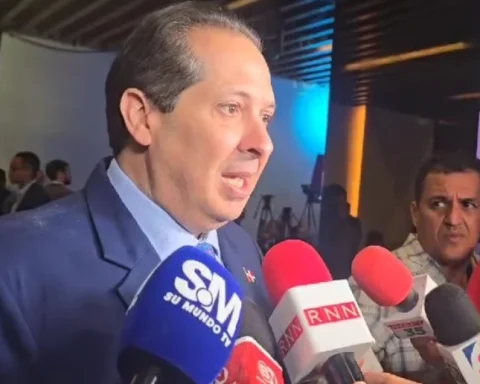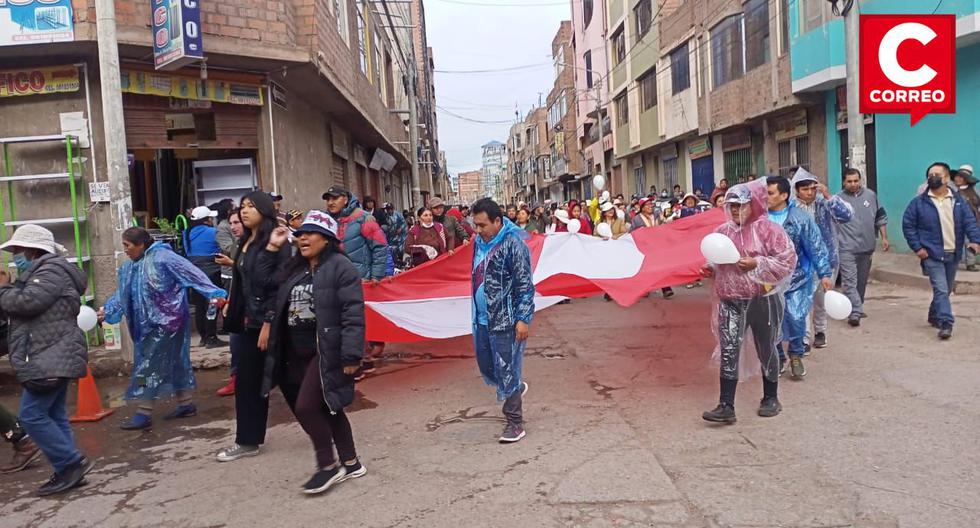Lima, February 25 (EFE).– The Peruvian authorities reported this Saturday 33 blockades, due to anti-government mobilizations, on nine highways in the southern region of Puno, on the border with Bolivia and stronghold of the protests that exploded last December and claimed the lives of 70 people, according to various sources.
The last report of the Superintendency of Land Transportation of People, Cargo and Merchandise (Sutran) reveals that roadblocks continue to agglutinate in the Puno region, located more than 1,200 kilometers south of Lima.
Puno has been the epicenter of anti-government protests since they resumed last January, after the Christmas truce, and the region remains mobilized, while demonstrations subside in the rest of the country.
The map released by Sutran shows that among the most affected highways is the Longitudinal de la Sierra Sur in the direction of Desaguadero, one of the main transit points to Bolivia.
Likewise, there is interrupted traffic on the highway that connects the southern department of Moquegua with Desaguadero, as well as the highway that leads from Arequipa to the Puno city of Juliaca, among others.
The protests, which started in December after the failed self-coup by former President Pedro Castillo (2021-2022), demand the resignation of President Dina Boluarte, the closure of Congress, advancement of elections to 2023 and the calling of a constituent assembly.
According to data from the Peruvian Ombudsman’s Office, 48 people have died during clashes with law enforcement during the protests, while a policeman lost his life after being burned alive and another 11 people have died due to roadblocks by part of protesters
President Boluarte also confirmed another death from these same causes, that of a patient who needed to reach Lima but was held up in the blockades, and Unicef reported the death of an unborn baby, in addition to the death of a woman in the northern region of La Libertad, reported by the Police.
The Peruvian Prime Minister, Alberto Otárola, confirmed on January 19 the death of four Haitian citizens in Desaguadero, and days later UNHCR raised the number to seven.
UNHCR explained that the seven Haitians were left stranded, exposed to climatic adversity and limited access to basic services. EFE













